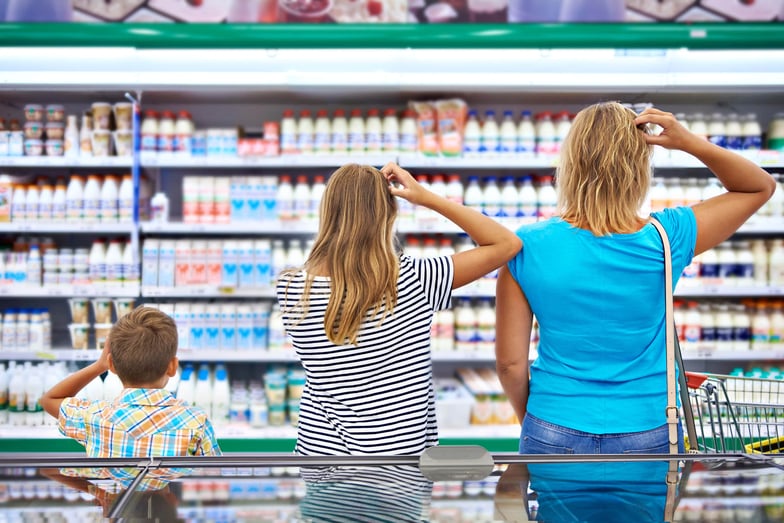
The Future of Private Label Brands
|
PLM
|
Private label
|
Manufacturer PGC
Posted By:
Trace One
“Where do you see yourself in five years?” is a typical interview question. If you were to ask private label (PL) brands the same question, they’d likely say, “everywhere.”
For a whole range of perfectly good reasons, private brands have lagged in the U.S. compared to Europe… but that’s about to change. The merger of Ahold and Delhaize – both of which have very strong private label ranges in Europe – gives the newly formed group the scale and reach it needs to effectively deploy a private label strategy. In combination with the skills they have access to from the European arms, you should expect to see expansion in their Private Label ranges very soon.
Meanwhile, Aldi and Lidl are eyeing significant expansion in the U.S., with private label being their business model. Lidl’s owners also own Trader Joe’s, so not only do Lidl U.S. have access to the mass market private label skills of Lidl’s European divisions, they also have access to folks who have been doing it successfully in the U.S. for years.
Retail is transforming into an experience economy, so customers are happy to shop at retailers such as Aldi and Lidl because there is a different store experience. Consumers are willing to make the switch from national brands because the balance of quality and price works for them. In particular, millennials are less loyal to traditional brands and more willing to try emerging brands. Quality private brands are key as millennials stay well informed about brands, including store brands and where their food comes from.
Tools and networks are becoming more mature and accessible, making it easier to develop Private Label products. Due to all of this, private labels will likely expand throughout the U.S. in sooner than five years.
Private Label brands are critical to a retailer’s value image, supporting margin and profitability. When used effectively, Private Label products offer exclusivity and drive increased customer loyalty. Grocery retailers are able to differentiate themselves by offering exclusive products to their store, ultimately extending and expanding their brands.
As more retailers discover the potential Private Label products hold, the Private Label marketplace will flourish. Meanwhile, the growth of retailers such Aldi, Lidl and Ahold Delhaize could play a major role in the prosperous future of private labels.
Interesting times ahead…